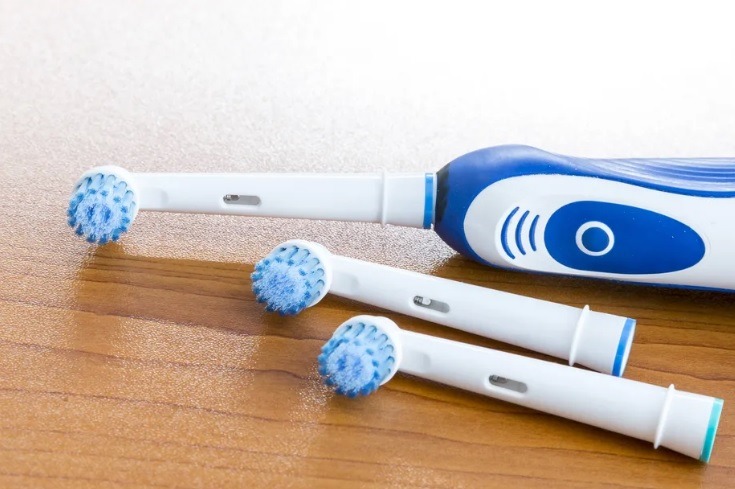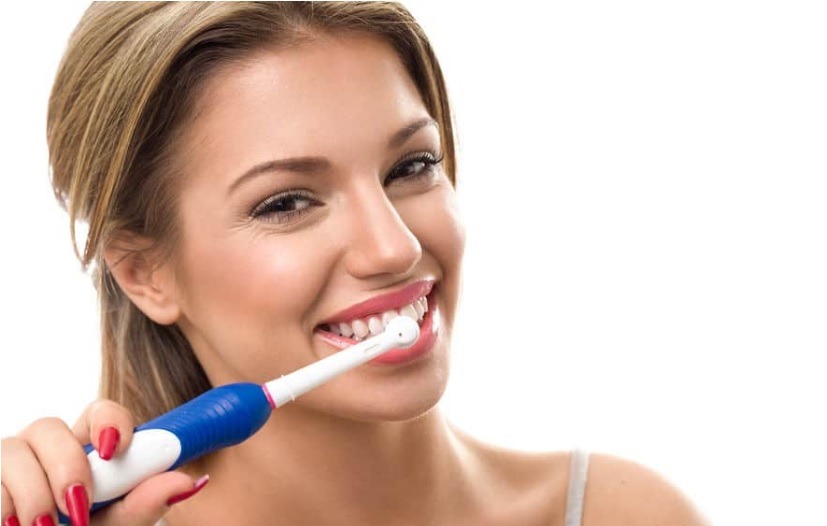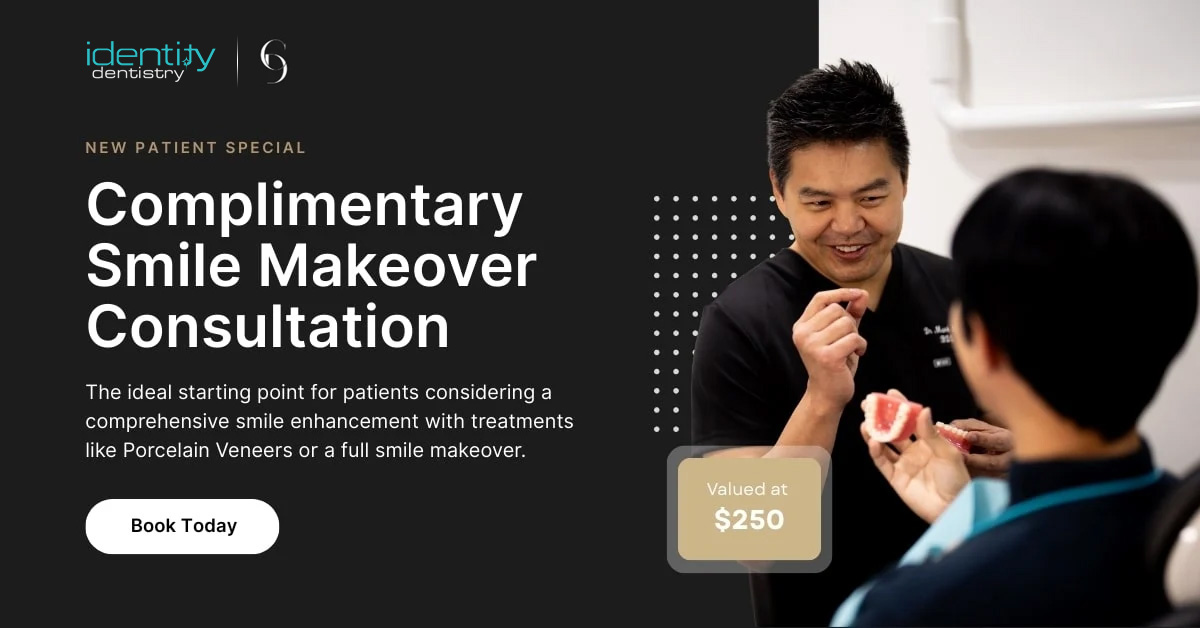Should I use an Electric Toothbrush?

Electric Toothbrushes
Electric toothbrushes bristles vibrate or rotate/oscillate to help remove plaque from your teeth. The movement of the bristles over your tooth surfaces allows for more surface area to be covered by the brush.
Are they easier to use?
Electric toothbrushes are a great option for everyone as they do most of the work for you. This can be helpful for anyone who has limited dexterity due to:
-
Injuries involving your hand, wrist or arm
-
Arthritis
-
Other disabilities
Electric toothbrushes are good for children and adults alike, many include a built-in timer that ensures you are brushing for at least 2 minutes, and some give you guidance on where you should brush in the mouth ensuring you have reached all areas.
What do kids prefer?
It can be difficult to motivate children to brush their teeth. An electric toothbrush may be a great tool to get children to brush morning and night, some may find engagement in brushing if they play music or it features their favourite character.
However not all children may enjoy an electric toothbrush as they may dislike the noise or find it uncomfortable with the vibrations it produces.
What’s most important for children is for them to develop and maintain good oral hygiene habits, and this is done when they enjoy brushing their teeth with whichever method, they prefer manual or electric.
Will an Electric Toothbrush cause damage to my teeth or gums?
If you are brushing incorrectly with an Electric or Manual toothbrush it can cause harm to your gums and teeth. Being too rough or applying too much pressure can cause your gums to recede. Whichever toothbrush you choose to use, it is important to use gentle pressure.
A tell-tale sign that you may be using too much pressure when brushing is if you’re replacing your toothbrush head more than once every 2-3 months. If you are using an electric toothbrush or looking to buy one it is recommended to have one with a pressure sensor built in.
Benefits of an Electric Toothbrush
-
Require less effort when compared to a manual toothbrush
-
Smaller heads of electric toothbrushes (oscillating) allow for the brush head to reach difficult areas in the mouth
-
Built in timer, ensuring you are brushing 2 minutes every time
-
Speed variance, some electric toothbrushes allow you to change the speed of oscillation/vibration providing comfort for those with sensitive teeth, with no compromise with the clean
-
Bigger handles providing a better grip and hold, especially for those with limited dexterity
-
Technology of toothbrushes have advanced significantly, there are brushes that track where you have brushed and areas that you may have potentially missed when brushing.
-
Pressure sensors will notify you if you are pressing too hard when brushing, reducing potential abrasion to your teeth and gums
Drawbacks of an Electric Toothbrush
-
Cost of an electric toothbrush is higher than your conventional manual toothbrush, however you do not need the fanciest brush. A brush with a timer, pressure sensor and variable speeds is adequate enough for most.
-
Electric toothbrushes require charging / replacement of batteries. Can be an inconvenience if you travel regularly as you have to bring the charger with you.
Oral Hygiene
Regardless if you decide to use an electric toothbrush or manual toothbrush both should be adequate in removing plaque from your teeth, it is important to maintain healthy oral hygiene habits to prevent dental issues.
-
Brushing twice a day morning and night, for 2 minutes every time
-
Flossing daily at night to remove plaque and food trapped between your teeth
-
6 monthly dental check-up and teeth cleaning
Tips
-
Choosing a soft bristled toothbrush. Hard and Medium stiffness bristles can be abrasive to your enamel and gums
-
Replacement of your toothbrush or toothbrush head every 3 months or when it becomes frayed
-
Cleaning your tongue



